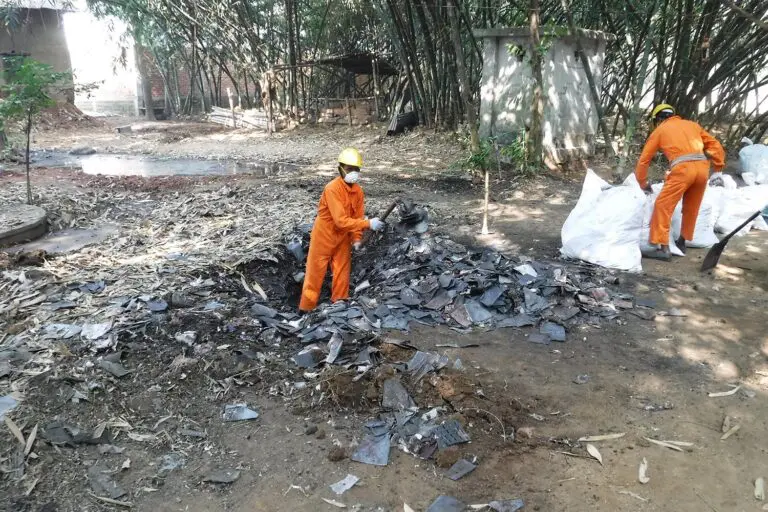On the 2nd of October, The U.S. Environmental Protection Agency (EPA) has awarded a $72 million grant to combat PFAS contamination, commonly known as “forever chemicals,” in the Great Lakes region.
This initiative is working to address the growing environmental and public health concerns associated with these chemicals. PFAS are widely found in consumer products and persist in water systems for decades, threatening both ecosystems and human health.
The grant will fund research, testing, and cleanup efforts in one of North America’s most vital freshwater sources, benefiting communities throughout the region.

The Great Lakes, which hold 84% of North America’s fresh surface water, have long faced pollution challenges from industrial sources. PFAS contamination is a rising concern due to its widespread use in consumer products such as firefighting foam, nonstick cookware, and water-resistant textiles.
Once released into the environment, PFAS can persist for years and accumulate in living organisms, potentially causing harm to ecosystems and human health. Researchers will use the funds to better understand how PFAS move through ecosystems and to test innovative methods for removing these substances from water supplies. The EPA aims to reduce PFAS levels in drinking water, fish, and wildlife, ensuring a safer environment for future generations.
The $72 million grant, part of a larger national effort to address PFAS contamination, is designed to enhance monitoring, testing, and cleanup initiatives in the Great Lakes region. The funds will be distributed to various local agencies and scientific institutions engaged in environmental research and remediation efforts.
Environmental groups have praised the EPA’s commitment to tackling the issue, noting that PFAS contamination is a significant threat to water quality and public health in the region. Advocates argue that the long-term exposure to these chemicals could increase the risk of certain cancers, immune system disorders, and other health complications.
EPA Administrator Michael S. Regan addressed the rising concern around PFAS, stating that clean water is a fundamental right, and protecting the Great Lakes is crucial not only for the region but for the country as a whole. The Great Lakes region is home to millions of people, and protecting its waters from pollutants like PFAS remains a top priority.
References:












